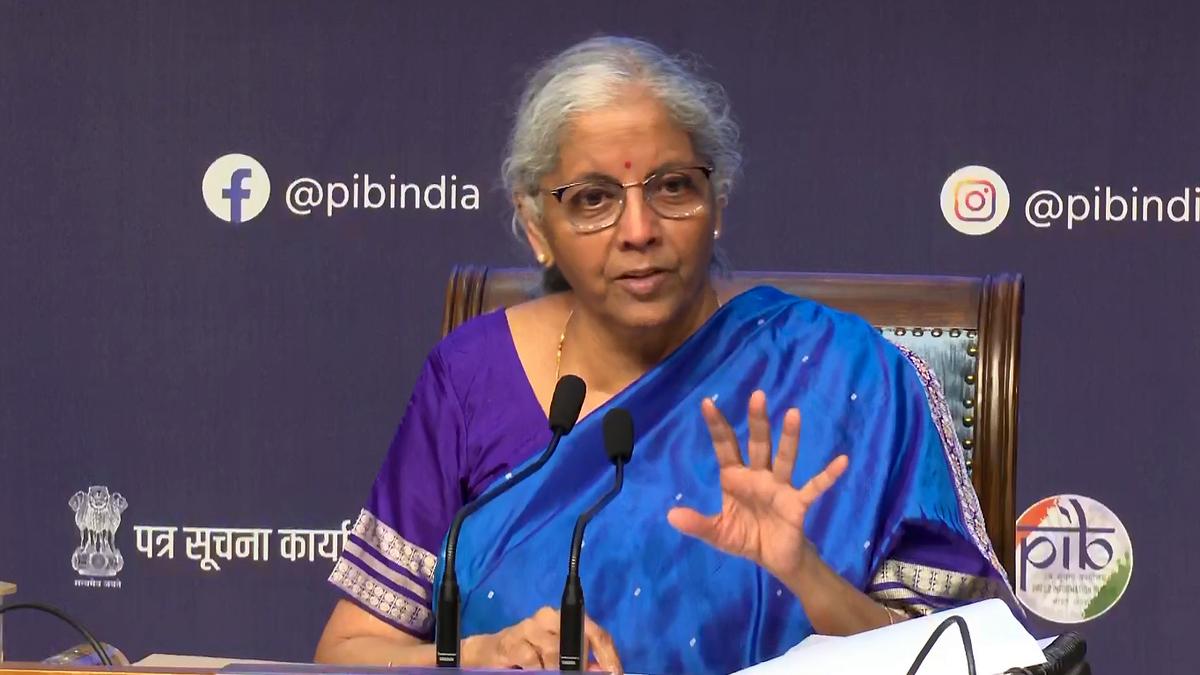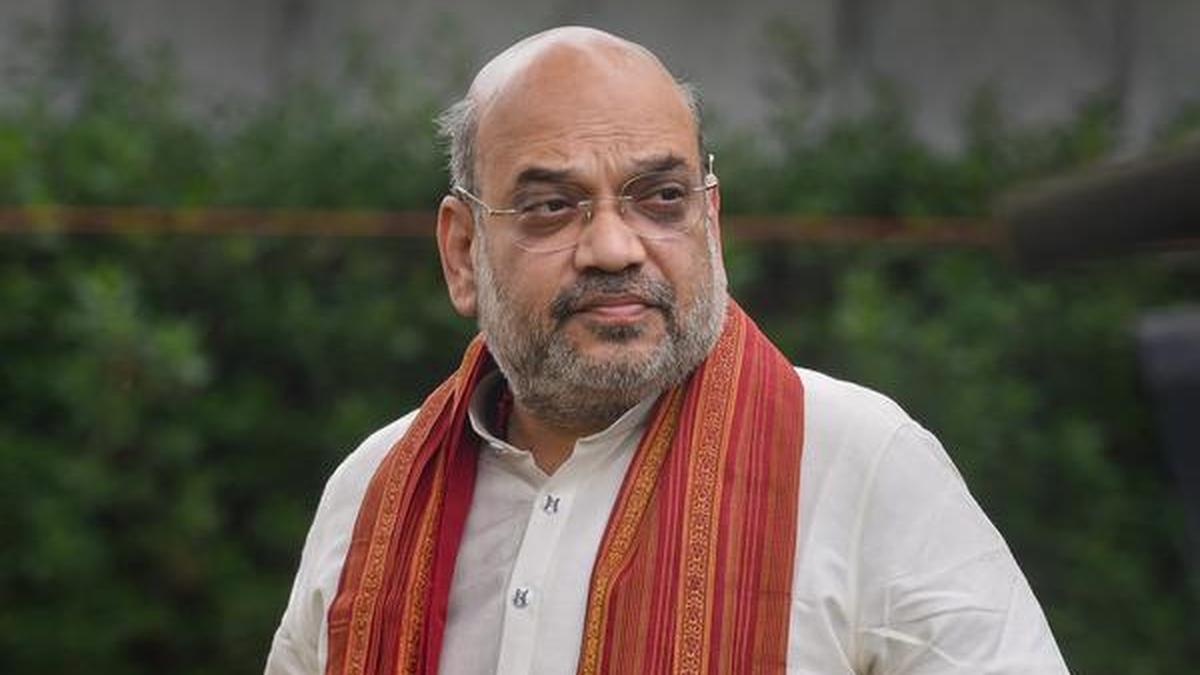Now Reading: DGCA Suggests Paid Services to Address Wheelchair Misuse by Air Passengers
-
01
DGCA Suggests Paid Services to Address Wheelchair Misuse by Air Passengers
DGCA Suggests Paid Services to Address Wheelchair Misuse by Air Passengers
Rapid Summary:
- The directorate General of Civil Aviation (DGCA) has proposed revised rules for air travel assistance to curb wheelchair misuse.
- Airlines may charge able-bodied passengers for assistance, while persons with disabilities or reduced mobility will receive free services upon verification of their impairment.
- Airports must earmark unobstructed car drop-off zones for passengers with special needs and coordinate with airlines for assistance.
- Revised norms are part of stakeholder discussions until September 19, ahead of a Bombay High Court hearing on September 25 regarding wheelchair availability and challenges faced by senior citizens and travelers with special needs.
- The draft defines persons with disability based on physical or mental impairments, requiring documentation or classification history. Persons with reduced mobility include those affected by age or temporary challenges in movement.
- international airlines offer specialized services like “meet and assist,” which can aid elderly, non-english speakers, or others needing navigation help at airports without necessarily requiring wheelchairs. Indian carriers currently focus primarily on paid expedited check-in options without broader escort services.
- Challenges such as inadequate infrastructure (curbside assistance and ambulifts), limited availability of golf carts/buggies, lack of digital airport maps using QR codes were highlighted by experts including Vaishnavi Jayakumar from the Disability Rights Alliance.
- Two petitions related to lack of wheelchairs have been filed in the bombay High Court. Incidents include one passenger being forced to give up her booked wheelchair due to overbooking issues and another falling from an escalator after a requested service was not provided.
Indian Opinion Analysis:
The DGCA’s revised proposals attempt a balance between mitigating wheelchair misuse by able-bodied travelers while ensuring equitable access for passengers genuinely in need. This is crucial given instances where refusal or inadequate provision has severely impacted disabled individuals-a matter acknowledged through lawsuits and fines imposed previously.
The mandatory verification process ensures resources are directed appropriately but could risk stigmatizing invisible disabilities if implementation lacks sensitivity toward varied medical conditions. International models like “meet-and-assist” programs offer valuable insights into inclusive passenger support that India could emulate alongside infrastructure upgrades such as buggies or QR-code-enabled maps.
With the Bombay High Court emphasizing accessibility as a fundamental human right, thes proposals represent a pivotal chance to address long-standing deficiencies in india’s aviation ecosystem. However failed experiences cited suggest stakeholders-airlines & airports alike-may require stricter accountability measures aligned not merely concerning costwise provisions creativity but consistent delivery made lawful.
Read More at: [Link Placeholder]























